<Back to Index>
- King of Portugal and the Algarves Luís I, 1838
- Prime Minister of Portugal António Maria de Fontes Pereira de Melo, 1819
PAGE SPONSOR
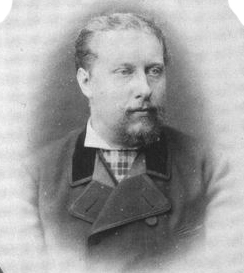
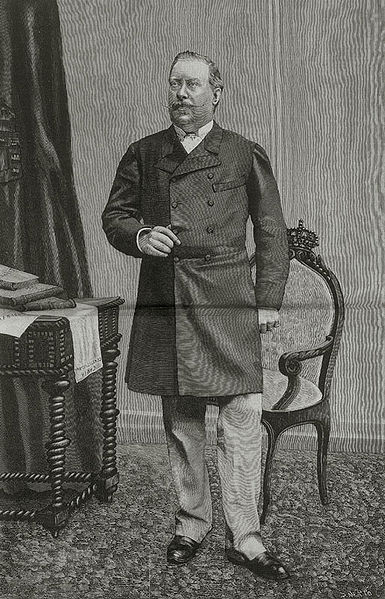
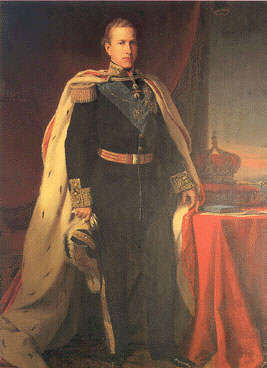
Luís I, whose full name was Luís Filipe Maria Fernando Pedro de Alcântara António Miguel Rafael Gabriel Gonzaga Xavier Francisco de Assis João Augusto Júlio Valfando de Saxe - Coburgo - Gotha e Bragança), the Popular (Port. o Popular) (Lisbon, 31 October 1838 – 19 October 1889 in Cascais) was the King of Portugal and the Algarves between 1861 and 1889. He was the second son of Maria II and Ferdinand II and was created Duke of Porto and Viseu.
Luís was a cultured man who wrote vernacular poetry, but otherwise had no distinguishing gifts in the political field into which he was thrust by the deaths of his brothers Pedro V and Fernando in 1861. Luís' domestic reign was a tedious and ineffective series of transitional governments called Rotativism formed at various times by the Progressistas (Liberals) and the Regeneradores (Conservatives – the party generally favored by King Luís, who secured their long term in office after 1881). Despite a flirtation with the Spanish succession prior to the Franco - Prussian War of 1870 – 71, Luís's reign was otherwise one of domestic stagnation as Portugal fell ever further behind the nations of western Europe in terms of public education, political stability, technological progress and economic prosperity. In colonial affairs, Delagoa Bay was confirmed as a Portuguese possession in 1875, whilst Belgian activities in the Congo (1880s) and a British ultimatum denied Portugal a land link between Angola and Mozambique at the peak of the Scramble for Africa.
Luís was mostly a man of the sciences, with a passion for oceanography. He invested great amounts of his fortune in funding research boats to collect specimens in the oceans of the world. He was responsible for the establishment of one of the World's first Aquariums, Aquário Vasco da Gama in Lisbon, which is still open to the public with its vast collection of maritime life forms, including a 10 meter long squid. His love for sciences and things new was passed to his two sons.
Luís married Princess Maria Pia of Savoy, daughter of Victor Emmanuel II of Italy and Maria Adelaide of Austria.
They were never happy, mostly because they had very different
personalities. Together they had two sons who survived childhood, a
stillborn son, born & died in 1866 and Maria Pia also gave birth to
another stillborn son in 1869, and suffered miscarriages in 1872 and
1879. The King also fathered one illegitimate child, born in 1874 in
Lisbon, a son named Carlos Augusto.
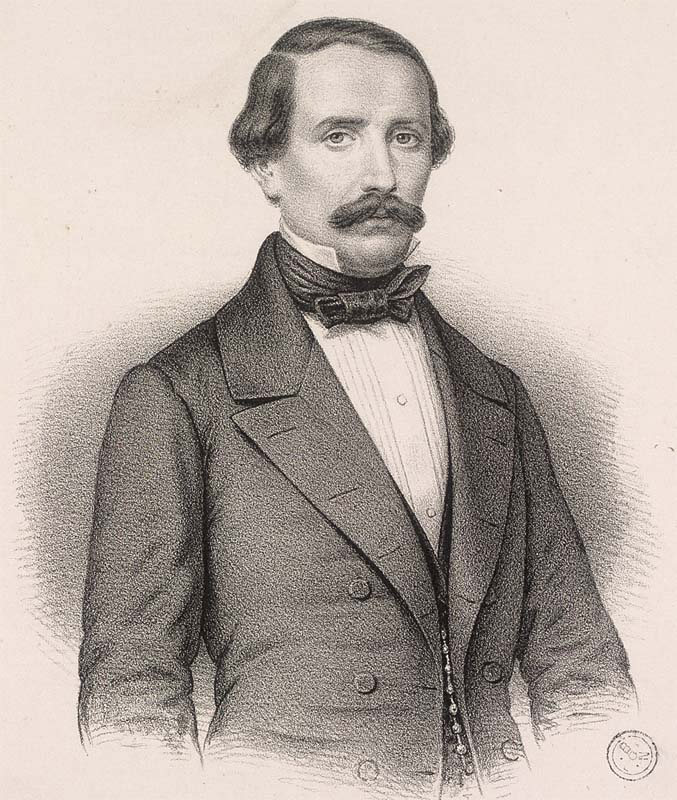
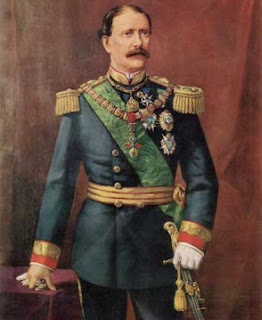
António Maria de Fontes Pereira de Melo (Lisbon, 1819 - Lisbon, 1887) was a Portuguese statesman, politician and engineer. He was the son of João de Fontes Pereira de Melo and wife and first cousin Jacinta Venância Rosa da Cunha Matos. Historically, he was a very important political figure, deputy, and in several occasions minister, six times Minister of Finance.
He is mostly remembered for conducting dynamic industrial and public infrastructure policy which became known as Fontismo (after his name). He implemented also educational reforms in accordance with the industrialization process started by him (Instituto Industrial de Lisboa and Escola Industrial do Porto).
His younger sister, Maria Henriqueta de Fontes Pereira de Melo, wife of Vicente Rodrigues Ganhado, was granted the noble title of 1st Marchioness of Fontes Pereira de Melo.